
The Protection of Natural Amenities Medal was an Estonian award conferred to the trustees of Protection of Natural Amenities and other persons who are distinguished in the work of nature protection. Statutes of this award were granted by the President of the Republic, 27 February 1940.
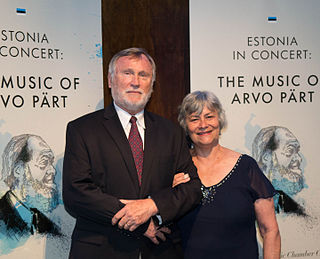
Priit Juho Vesilind was an Estonian-born American senior writer and photojournalist of National Geographic magazine and an author of nonfiction.
The Sinimäed Hills are three linked hills in northeastern Estonia. The heights which are aligned west–east, consist of Tornimägi, Põrguaugu mägi and Pargimägi. They lie in Narva-Jõesuu municipality near the coastal town of Sillamäe in Ida-Viru County.

Tõnu Õnnepalu, also known by the pen names Emil Tode and Anton Nigov, is an Estonian poet, author and translator.

Battle of Ümera, also known as the Battle of Imera, was a battle during the Livonian Crusade between the Livonian Brothers of the Sword, their Christian Livonian and Latgalian allies, and the Estonians. The Battle was fought near the Jumara, a tributary of the Gauja River in August or September 1210.

Nootamaa is a small, uninhabited island in the Baltic Sea belonging to the country of Estonia. It marks the westernmost part of Estonia's territorial boundary.

Toomas Kukk is an Estonian botanist.
Bernhard Saarsoo was an Estonian and Swedish physician and botanist.
Mart Raud was an Estonian poet, playwright and novelist.
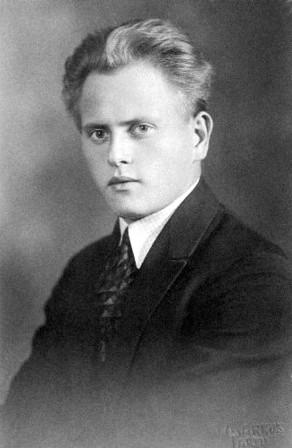
August Jakobson was an Estonian writer and politician. He was one of the few Estonian playwright among his contemporaries whose plays were untouched by Soviet censorship and reached other Soviet states. He has been described as the leading Stalinist in Soviet Estonian drama. In the 1960s his work was described as "ideologically militant".

Ojaotsa Springs, also known as Serga Springs, is a set of springs in the village of Meremäe in Estonia. It is the source of Tuhkvitsa Creek. The springs might potentially be rising springs forming a travertine deposit. Ojaotsa Springs belongs to the pre-selection of Natura 2000 nature conservation areas; it has 10 groundwater openings and a flow rate of 150 liters per second (5.3 cu ft/s).
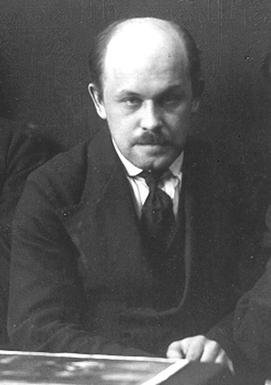
Nikolai Voldemar Triik was an Estonian Modernist painter, graphic artist, printmaker and professor. His work displays elements of Symbolism and Expressionism.
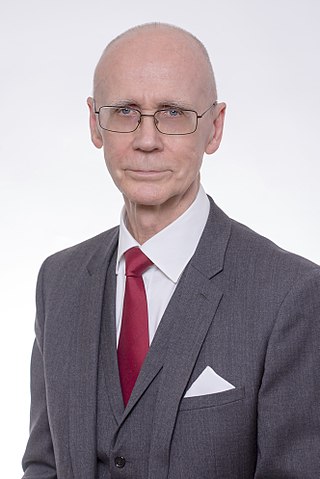
Kalle Kurg is an Estonian poet, writer, critic, translator and editor. As a versatile figure in Estonian culture, he has also published caricatures and worked as a theatre director.

Horisont is an Estonian magazine published in Tallinn, Estonia by Loodusajakiri MTÜ. The magazine focuses on science topics and is written in a popular scientific style. It includes interviews with scientists.
Vilma Kuusk is an Estonian botanist. She deals with the flora of Estonia.

Johannes Piiper was an Estonian zoologist and nature writer.

Ants Paju was an Estonian politician, journalist, athlete, and engineer. He was a member of VIII Riigikogu.
Oleg Lembit Mutt was an Estonian linguist and translator.
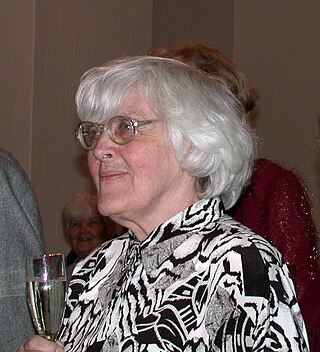
Linda Poots was an Estonian zoologist and journalist known for her work with bats. She was the longtime editor of the Estonian nature magazine Eesti Loodus.













